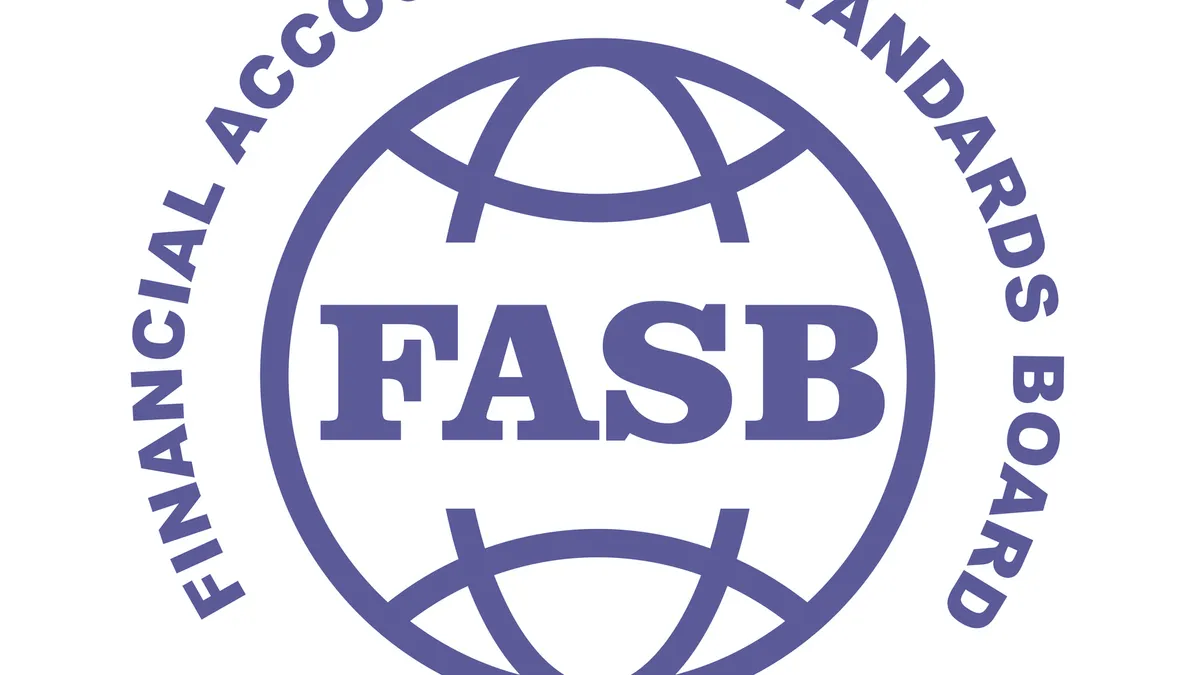Dive Brief:
-
The Financial Accounting Standards Board voted Wednesday to move ahead with a project to narrow the scope of financial arrangements that are subject to accounting standards for derivatives and hedging (Topic 815), in the latest new project stemming from concerns that emerged in U.S. accounting standards setter’s 2021 stakeholder outreach.
-
The 7-0 decision to add the derivative matter to the U.S. standard-setting’s high priority technical agenda came after staff made a presentation asserting that confusion around the current definition of derivatives often means guidance inadvertently applies transactions that some believe were not originally intended to be included — such as certain arrangements related to R&D funding, ESG-linked financial instruments and litigation funding. In some cases, the staff said it heard companies are avoiding certain transactions to avoid triggering the accounting treatment.
-
In voting to tackle refining what constitutes a derivative for the purposes of generally accepted accounting principles, FASB Member Frederick Cannon, said current guidance isn’t “intuitive,” leading financial instruments being classified as derivatives that many capital markets players would not consider to be so. The planned change is “getting us out of playing whack-a-mole with things that pop up as derivatives that aren’t,” Cannon said later in the meeting, according to a webcast on the FASB website.
Dive Insight:
The new project is the latest to be added to the FASB’s agenda. It comes after the board agreed last month to move ahead with developing a new standard to guide how companies account in their reporting for government grants.
One of the complexities that results in broad application of the current derivative standards is that part of the criteria includes financial arrangements that have an underlying variable that can cause the fair value of the arrangement to fluctuate, the staff told the board. For instance, litigation funding has a different value if the case that underlies the arrangement is won or lost.
FASB Chair Richard Jones said he saw the matter really as a need for clarification of existing standards, because the idea that longstanding transactions can one day all of a sudden become derivatives does not make sense. That an arrangement can be treated one way and then be treated another way if the value changes, “highlights, if that’s the interpretation broadly, a flaw in our standards,” Jones said.
FASB Member Joyce Joseph said the project was warranted, expressing concern that the uncertainties stemming from the current derivative accounting standards may be driving business decisions.
“The complexities may even be deterring some businesses from entering into these arrangements,” Joseph said. “We certainly don’t want accounting dictating business decisions.”














